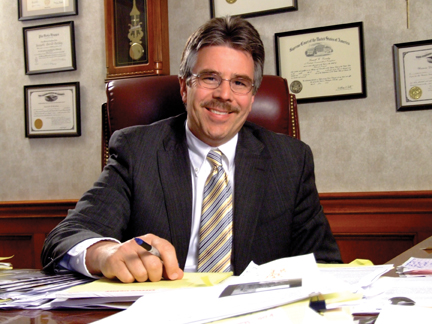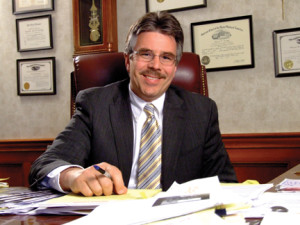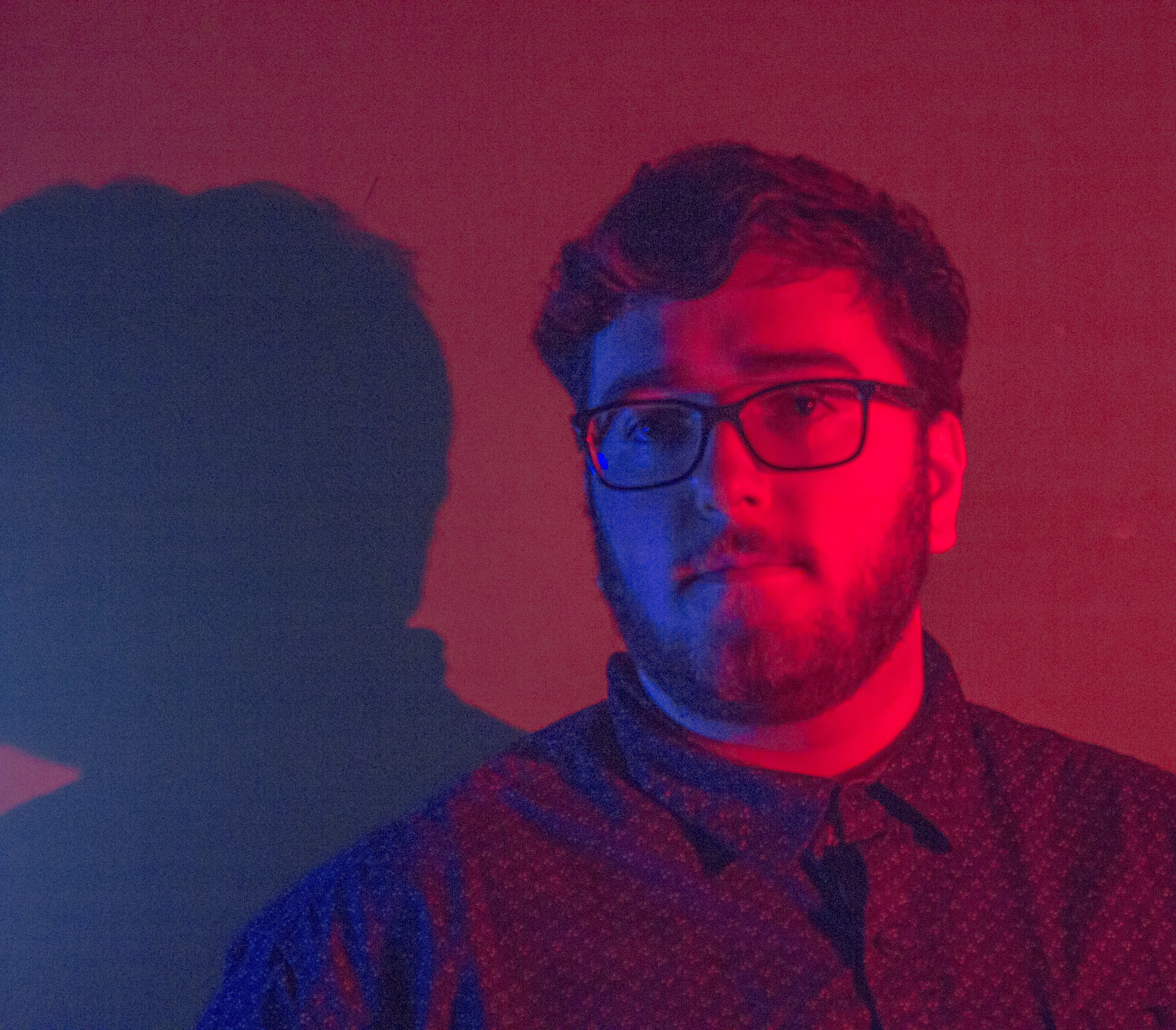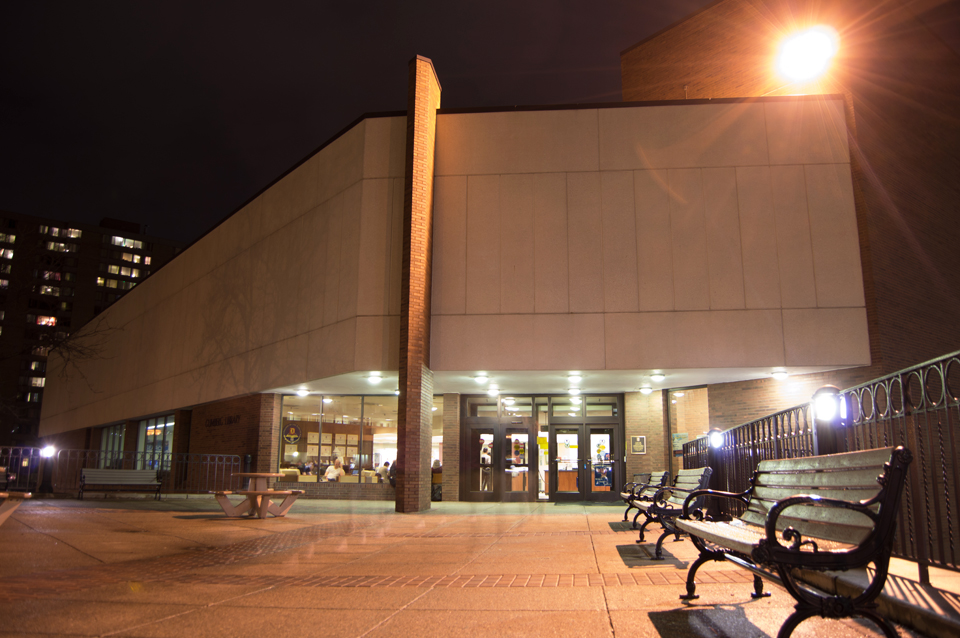

The Duke sat down with law school Dean Ken Gormley on Nov. 11 to talk about his background and his plans for Duquesne as its 13th president, a role he will assume in July 2016. The interview has been edited for length.
Q. Why do you think you are you qualified for this job?
A. You’d have to ask the board of directors, because they picked me, but I have learned over the years that I really enjoy these very big administrative challenges. I was mayor of my little town in Forest Hills, I was president of the Bar Association, I was executive director of the State Reapportionment Commission and then most recently I’ve been dean of the law school. And each of these things, you discover that it is a very creative position if you use it that way. It isn’t just tedious ministerial tasks all day…if you approach it correctly, it’s a chance to invent something as rich and exciting as writing a book or painting a piece of art.
Q. What will be your greatest strength as a president?
A. I do love people and I have spent my whole career building relationships in this region, on this campus, in this state and even more broadly, and hopefully that’s going to allow me to get ‘out of the gate’ right away and start getting things accomplished.
Q. You’ve mentioned your plans to grow the university endowment. Can you explain to students: what is a university endowment and why should they care about it?
A. Well, the university endowment is just the stock pile of funds that allows a university to do all sorts of important things, whether it’s to have important programs, build new programs, or…provide scholarship money to students who would like to come to Duquesne University. So the more you can grow the endowment, the more opportunities you’re going to be able to open up, especially for students. It is sad when finances become the only barricade between a student who is very talented and being able to come to the place where they would really like to get an education.
Q. You lead the largest fundraiser in the law school’s history. How will that come into play in your next role?
A. Fundraising is a key component of any university president’s job today. I was fortunate to be able to use the occasion of the 100th Anniversary of the law school to really get alumni fired up about things that are going on, and also, we did a lot of big, exciting programs. We had Supreme Court justices here, we had the Attorney General of the United States, we did some big things and that gets people excited and then they want to see their alma mater really blossom. And so it’s a really interesting business— you have to not only raise money, but you have to spend money and use it for great things so people can see the energy and excitement and want to be part of it. So that’s the plan: to help create new, exciting things going on on campus so that our alumni and people in the region can see that this place is alive and want to be part of everything that’s going on here.
Q. In the wake of Libertinegate, a lot of students, alumni and parents are having a hard time getting ‘fired up’ about Duquesne. They see a divide between the administration and the students. How do you think you can change that perception?
A. I’ve loved interacting with students the whole time I’ve been a professor and a dean. I consider being able to work with students and help them develop into great, successful people and alumns, is one of the greatest privileges of this position. I find that I get as much from the students [in my classes] as they get from me, because I really do get energized and I remember why we’re here in the first place, which is for them. So my goal is to be part of the everyday life of this institution, and the everyday life of this institution largely revolves around the students here. So I don’t think it will be possible to stop me from being involved with students.
Q. The basketball program here at Duquesne has a very rich history. How do you plan to assess the state of the athletic program and do you think you’ll be making any changes?
A. I would offer to put on a jersey and go out there and play on the team, but I think that would set us back even further, so I think I’ll stick with trying to work with the new athletic director, Dave Harper, who is a fabulous new hire, and really figure out how to do fundraising and get funding for the men’s basketball program that puts us on par with some of the top teams in the Atlantic 10 conference.
Q. Point Park recently signed a contract with its adjunct union that gave many concession to adjunct professors. Do you have a plan to address the contention at Duquesne over the recognition of an adjunct union here?
A. I haven’t been in a position to spend a lot of time analyzing that. I do believe that the university was correct in seeing this foremost as a religious freedom issue in the sense that a Catholic or religious school is in a different position that other universities in terms of the adjunct professors or other professors that it hires. I do teach constitutional law, I have read the cases that relate to this subject, one case from the U.S. Supreme Court, and I do believe that the university is correct that there is a First Amendment free exercise of religion issue that is at the heart of this issue. At this point, the matter is heading to the courts, I think that’s where it’s going to be resolved, and certainly when I actually take over the position and these matters have played out a little bit further, it’s going to be an issue that I will have to look at, the board will have to look at, and I think most of it will be resolved through the ordinary course of the legal process.
Q. After some of the crimes that have happened recently near campus, how large of a problem do you think campus safety will be in the next few years?
A. As you know, I have four kids, two of them are or have been Duquesne students, and I do worry about those issues. I will say that think we’re dramatically safer than most college campuses in the United States. We have a kind of natural oasis up here on the Bluff and that is very reassuring. And so when you compare it to most college campuses and settings, I think we’re extremely secure and our police force is extremely good. That being said, I think it’s always important to keep looking at ways to strengthen the protection. When I was mayor of Forest Hills, me role under state law was to be in charge of the police and fire departments. So I have a lot of experience working with police officers, I greatly respect the work that they do and I fully support their work in this extremely important role. So I’m very much looking forward to working closely with them and I do think it’s important to constantly re-design the protective shield around and within a campus.
Q. In your mind, what does a university president do?
A. Well a university president is, in effect, the chief executive of the institution. You’re the person who has to visualize the future of the institution and help set policy…and you have to allow the ship to sail ahead successfully.
Q. What is your favorite place in Pittsburgh?
A. Phipps Conservatory, because my mom took us there all the time when we were little kids and I proposed to my wife on bended knee in front of Phipps Conservatory.
Q. What is your favorite restaurant in Pittsburgh?
A. Well, I have to say Rudy’s Original House of Submarines in Swissvale is still my go-to place for comfort food.
Q. Your favorite place on campus?
A. The chapel. I love going to the chapel, and it was one of the first places I went after I was told I was named president.
Q. How do you take your coffee?
A. I don’t drink coffee. I drink very strong, black tea and I’m very fussy and particular — it has honey and a little bit of half and half. Just a dash.
Q. How many times do you hit the snooze button?
A. Never.
Q. Do you believe in the five-second rule?
A. What is the five-second rule?
Q. *Brief explanation*
A. Oh! I’d give it a minute.
Q. What is your board game of choice?
A. I’ve always loved Risk, and I’ve always loved conspiring with people to try to wipe other people off the map.
Q. Batman or Superman?
A. I saw Superman as a kid at Kennywood, so I’m partial to him.
Q. Favorite Disney princess?
A. The Little Mermaid. I always watched that with kids when they were little. She seemed to have a big heart.
Q. Star Wars or Star Trek?
A. I’ll disappoint people by saying I wasn’t a huge fan of either, but I watched a lot more Star Trek than Star Wars.
Q. Favorite U.S. president?
A. My favorite would probably be Abraham Lincoln, because he was the most transformational.
Q. Bear wrestling? Please explain.
A. When I was a feature reporter for the Pitt News I did a feature called “Undercover Reporter” and I would do unusual things and write about them. So I set a Guinness World Record in brick carrying and raised money for the Leukemia Society, hopped a freight train and wrestled a bear. Victor the Wrasslin Bear who was found at the Civic Arena at the Sportsmen’s Show. He was a 900-pound black bear. And he won.
This interview was conducted and edited by Kaye Burnet.



